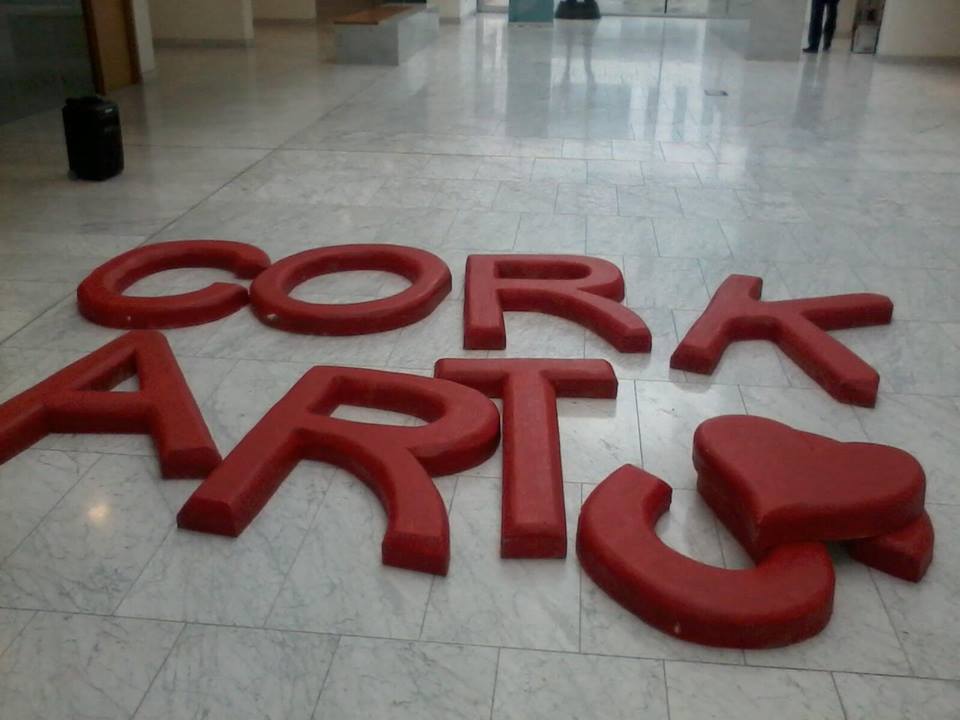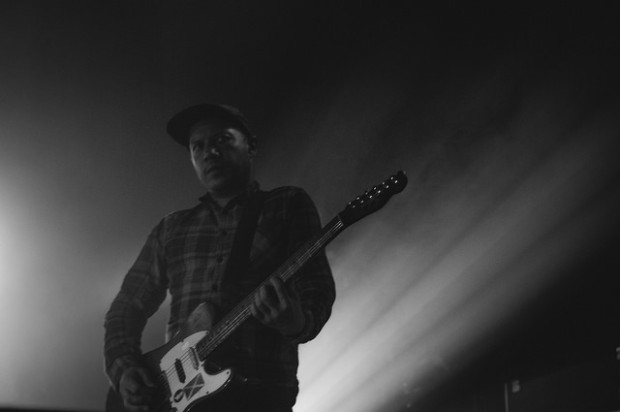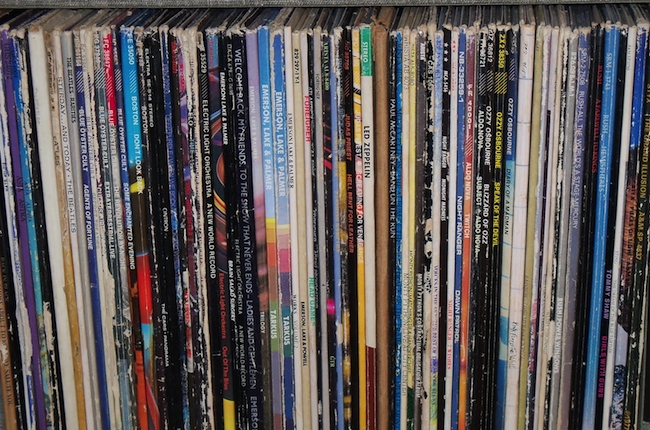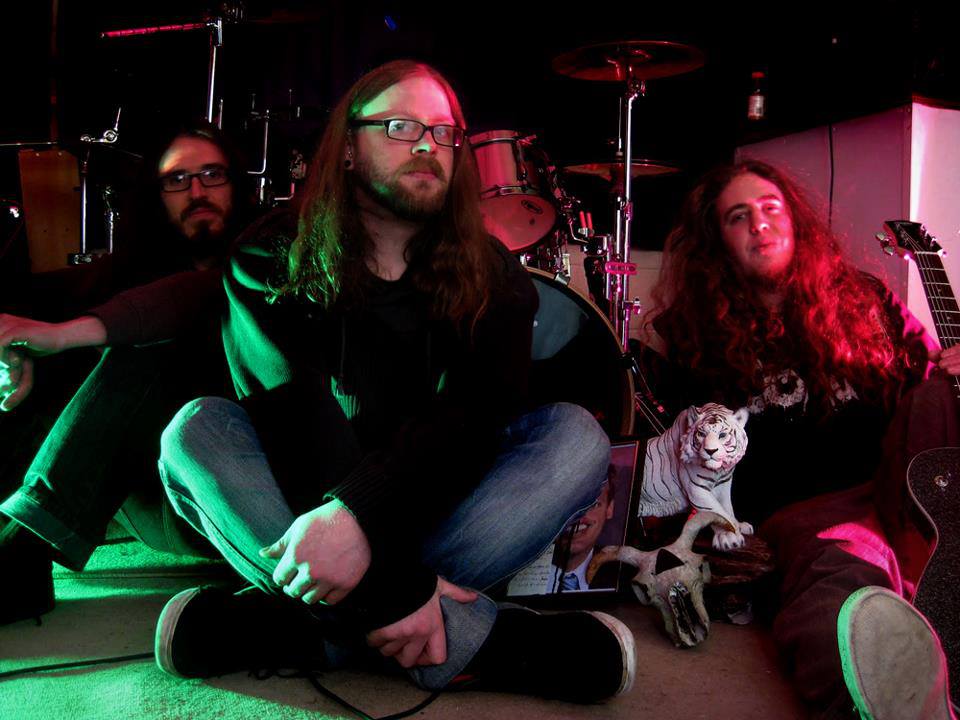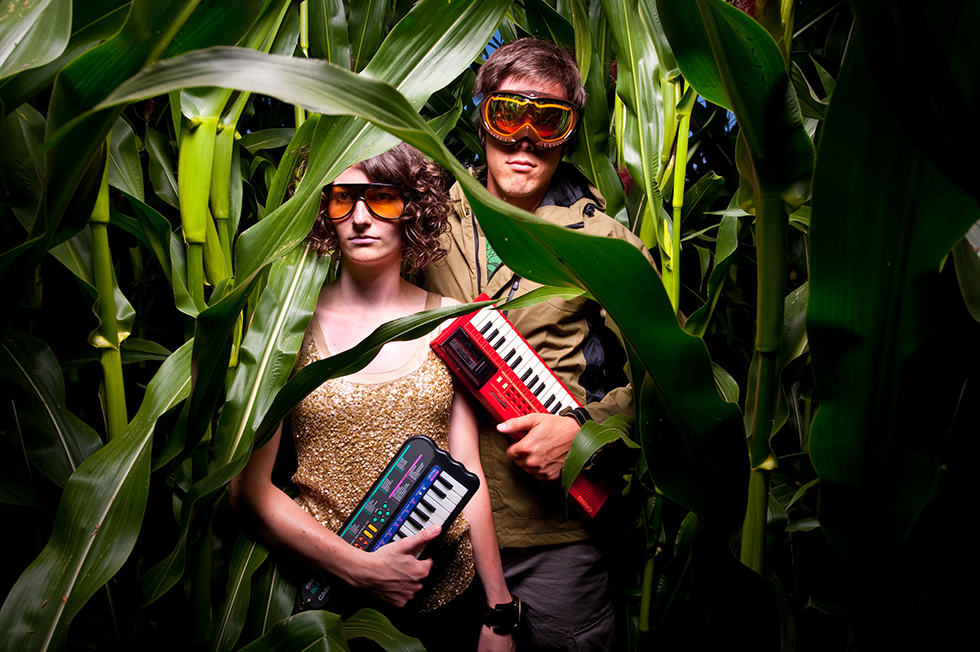The past two weeks (for this column is now fortnightly) have been marked by two weekends of the Cork Midsummer Festival, a celebration of the arts and culture in Cork City that’s sprawled all over the city’s venues and spanned the axis of artistic endeavour. From critiques of capitalism draped in Northside accents and caffeine-fueled hyperkinesis, to the sight of a string quartet welcoming the first sunrise of the season at 5am in the company of tired but elated attendees, it’s been something else to see the extent to which the town opens its arms to the arts, and the inherent support that exists in the people of Cork, especially among the festival’s trojan volunteers.
We’ve harped on a little on the development of Cork as a “festival town” in this column. From Sounds from a Safe Harbour, to the Jazz, to Folk and other events throughout the year. And it amazes your writer that, in a time when the city fathers furrow their brows and throw shade over “the Cork brand”, what it is, and how to advance with the idea, there isn’t more infrastructural support for the “festival town” angle considering the reliance on festivals our tourism professionals openly speak of.
We now have a festival seemingly every month of the calendar year, on top of a buzzing regular scene, and substantial spot-show draws like the Marquee. We have a well-defined narrative of a second city thronged with talent and ideas. We have venues from the grassroots up (though more are always welcome). Record shops stocking local music. Well-connected, industrious and independent promoters. Studios cropping up around the city. We have all of what it takes to make it work, and the supports that do exist are appreciated, especially in the current climate.
But when we hear about the city’s potential development, we hear about retail frontage going rotten, properties lying vacant, and so on. Certain people in power wish to pin this mirage of recovery on foodie culture, but rents and overheads are still prohibitive for so many start-up businesses in that sector, especially in the city centre, which resultantly is playing host to an outbreak of Nando’s and Starbucks no-one really asked for. We hear about foreign direct investment and a push for IT jobs that amount to little more than answering the phones, and even then that’s precarious work. We hear of seemingly everything when it comes to the “Cork brand”, bar the one thing it has in natural, plentiful supply; arts, culture, and more specifically, music.
Cork’s musical pedigree, from Rory to the Franks, goes neck-and-neck with any other city in the world. It’s etched into our consciousness and placed with pride all over our town. But are we creating the conditions to place The Altered Hours, The Vincent(s) or Elastic Sleep in that same pantheon in 15-20 years?
Would it really hurt the balance sheets to take Barrack Street, an important, historic part of town left laying by negligence for a big part, and turn its vacant buildings into jam-spaces, community/FETAC music schools and more venues, building an invaluable cultural quarter for the city? Would it really be an inconvenience to sponsor a big city-centre venue, like the Savoy, during Jazz weekend to take up local acts exclusively, and place them in the spotlight on the busiest music weekend of the year, and bring in A&R folk for a look? Or to take on the Kino, a promising all-ages venue now shuttered, and provide a safe space for young music fans to go to see bands, get their own organised and on-stage, and generally keep the kids off the streets and out of trouble?
There’s no price that can be put on leaving an artistic legacy to the world, as we as a city know well, and certainly none on creating a solid backbone for the city to develop itself on. Maybe it’s time we start looking at extending that legacy we have, and taking the buzz we have among ourselves as artists and creatives to the city’s broader picture, getting it the infrastructural support and place in the city’s life that it merits and truly deserves. Mike McGrath Bryan

